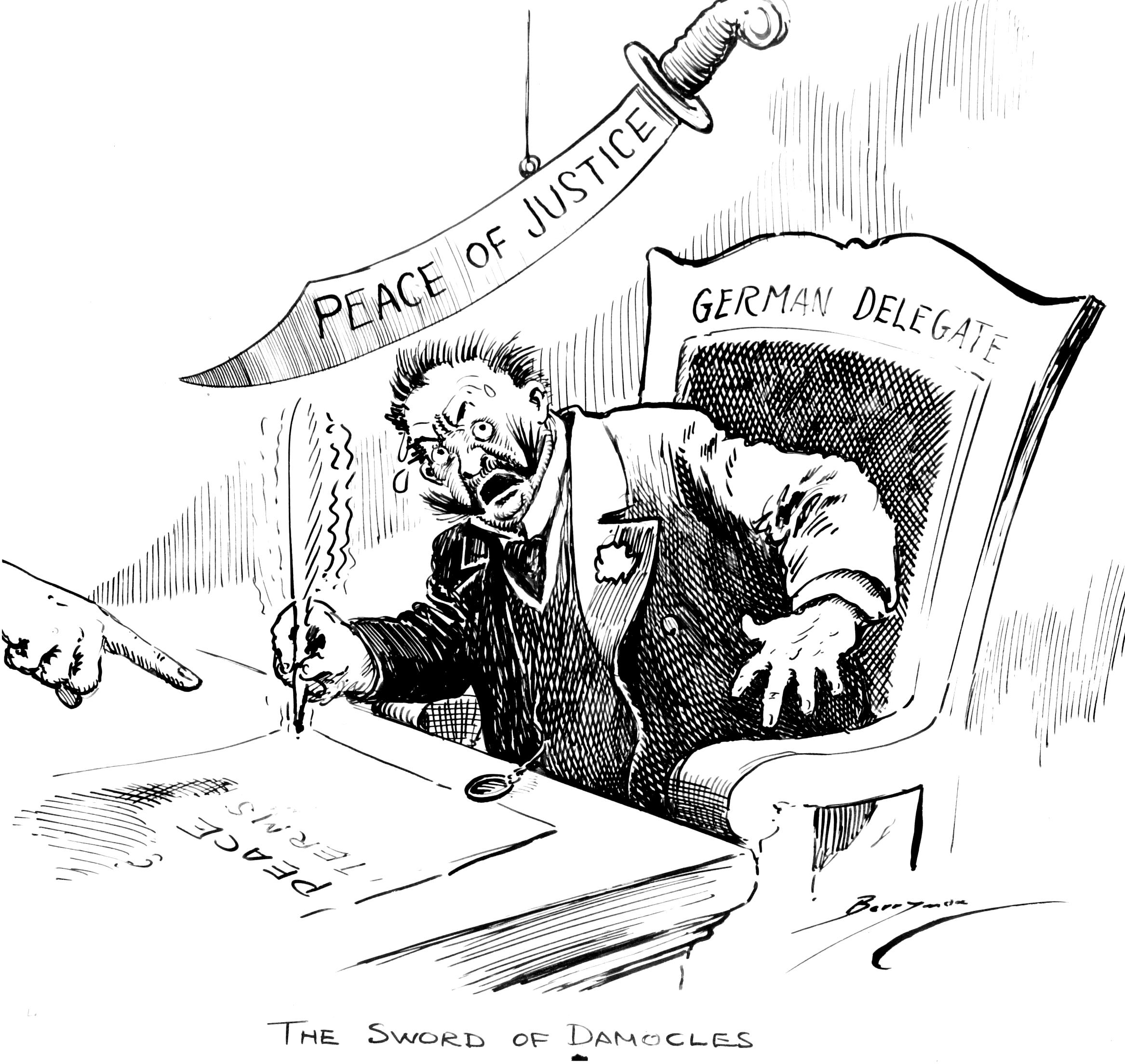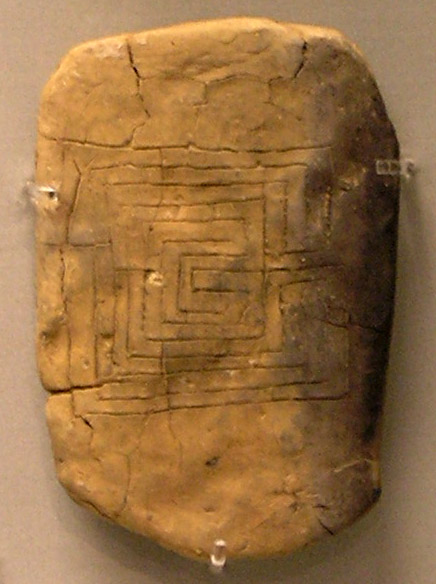|
Damocles
Damocles is a character who appears in an ancient Greek anecdote commonly referred to as "the sword of Damocles", an allusion to the imminent and ever-present peril faced by those in positions of power. Damocles was a courtier in the court of Dionysius I of Syracuse, a ruler of Syracuse, Sicily, Magna Graecia, during the classical Greek era. The anecdote apparently figured in the lost history of Sicily by Timaeus of Tauromenium (). The Roman orator Cicero (), who may have read it in the texts of Greek historian Diodorus Siculus, used it in his ''Tusculanae Disputationes'', 5. 61, by which means it passed into the European cultural mainstream. Sword of Damocles According to the story, Damocles was flattering his king, Dionysius, exclaiming that Dionysius was truly fortunate as a great man of power and authority without peer, surrounded by magnificence. In response, Dionysius offered to switch places with Damocles for one day so that Damocles could taste that fortune firsthand. ... [...More Info...] [...Related Items...] OR: [Wikipedia] [Google] [Baidu] |
Dionysius I Of Syracuse
Dionysius I or Dionysius the Elder ( 432 – 367 BC) was a Greek tyrant of Syracuse, Sicily. He conquered several cities in Sicily and southern Italy, opposed Carthage's influence in Sicily and made Syracuse the most powerful of the Western Greek colonies. He was regarded by the ancients as the worst kind of despot: cruel, suspicious, and vindictive. Endnotes: * Diod. Sic. xiii., xiv., xv. *J. Bass, ''Dionysius I. von Syrakus'' (Vienna, 1881), with full references to authorities in footnotes Early life Dionysius began his working life as a clerk in a public office. Because of his achievements in the war against Carthage that began in 409 BC, he was elected supreme military commander in 406 BC. In the following year he seized total power and became tyrant. He was married to Aristomache, and had a daughter by her, Arete. He was married at the same time to Doris of Locris, who bore him his son, Dionysius II of Syracuse. Rise to power Dionysius seized power with the ... [...More Info...] [...Related Items...] OR: [Wikipedia] [Google] [Baidu] |
Richard Westall
Richard Westall (2 January 1765 – 4 December 1836) was an English painter and illustrator of portraits, historical and literary events, best known for his portraits of Byron. He was also Queen Victoria's drawing master. Biography Westall was the more successful of two half-brothers (both sons of a Benjamin Westall, from Norwich) who both became painters. His younger half-brother was William Westall (1781–1850), a much-travelled landscape painter. Born on 2 January 1765 in Reepham near Norwich (where he was baptised at All Saints on 13 January in the same year), Richard Westall moved to London after the death of his mother and the bankruptcy of his father in 1772. Westall was apprenticed to a heraldic silver engraver in 1779, where he was encouraged to become a painter by John Alefounder; he then began studying at the Royal Academy School of Arts from 10 December 1785. He exhibited at the Academy regularly between 1784 and 1836, became an Associate in November 1 ... [...More Info...] [...Related Items...] OR: [Wikipedia] [Google] [Baidu] |
Tyrant
A tyrant (), in the modern English usage of the word, is an absolute ruler who is unrestrained by law, or one who has usurped a legitimate ruler's sovereignty. Often portrayed as cruel, tyrants may defend their positions by resorting to repressive means. The original Greek term meant an absolute sovereign who came to power without constitutional right, yet the word had a neutral connotation during the Archaic and early Classical periods. However, Greek philosopher Plato saw ''tyrannos'' as a negative form of government, and on account of the decisive influence of philosophy on politics, deemed tyranny the "fourth and worst disorder of a state."Plato, ''The Republic'' Book VIII The philosophers Plato and Aristotle defined a tyrant as a person who rules without law, using extreme and cruel methods against both his own people and others. The ''Encyclopédie'' defined the term as a usurper of sovereign power who makes "his subjects the victims of his passions and unjust ... [...More Info...] [...Related Items...] OR: [Wikipedia] [Google] [Baidu] |
Tusculanae Disputationes
The ''Tusculanae Disputationes'' (also ''Tusculanae Quaestiones''; English: ''Tusculan Disputations'') is a series of five books written by Cicero, around 45 BC, attempting to popularise Greek philosophy in ancient Rome, including Stoicism. It is so called as it was reportedly written at his villa in Tusculum. His daughter had recently died and in mourning Cicero devoted himself to philosophical studies. The ''Tusculan Disputations'' consist of five books, each on a particular theme: On the contempt of death; On pain; On grief; On emotional disturbances; and whether Virtue alone is sufficient for a happy life. Context In the year 45 BC, when Cicero was around 61 years old, his daughter, Tullia, died following childbirth. Her loss afflicted Cicero to such a degree that he abandoned all public business and left the city retiring to Asterra, which was a country house that he had near Antium. There he devoted himself to philosophical studies, writing several works, including '' De fin ... [...More Info...] [...Related Items...] OR: [Wikipedia] [Google] [Baidu] |
Courtier
A courtier () is a person who attends the royal court of a monarch or other royalty. The earliest historical examples of courtiers were part of the retinues of rulers. Historically the court was the centre of government as well as the official residence of the monarch, and the social and political life were often completely mixed together. Background Monarchs very often expected the more important nobles to spend much of the year in attendance on them at court. Not all courtiers were noble, as they included clergy, soldiers, clerks, secretaries, agents and middlemen with business at court. All those who held a court appointment could be called courtiers but not all courtiers held positions at court. Those personal favourites without business around the monarch, sometimes called the camarilla, were also considered courtiers. As social divisions became more rigid, a divide, barely present in Antiquity or the Middle Ages, opened between menial servants and other classes at c ... [...More Info...] [...Related Items...] OR: [Wikipedia] [Google] [Baidu] |
Allusion
Allusion, or alluding, is a figure of speech that makes a reference to someone or something by name (a person, object, location, etc.) without explaining how it relates to the given context, so that the audience must realize the connection in their own minds. When a connection is directly and explicitly explained (as opposed to indirectly implied), it is instead often simply termed a reference. In the arts, a literary allusion puts the alluded text in a new context under which it assumes new meanings and denotations. Literary allusion is closely related to parody and pastiche, which are also "text-linking" literary devices.Ben-Porot (1976) pp. 107–8 quotation: In a wider, more informal context, an allusion is a passing or casually short statement indicating broader meaning. It is an incidental mention of something, either directly or by implication, such as "In the stock market, he met his Waterloo." Scope of the term In the most traditional sense, ''allusion'' is a liter ... [...More Info...] [...Related Items...] OR: [Wikipedia] [Google] [Baidu] |
Horace
Quintus Horatius Flaccus (; 8 December 65 BC – 27 November 8 BC), Suetonius, Life of Horace commonly known in the English-speaking world as Horace (), was the leading Roman lyric poet during the time of Augustus (also known as Octavian). The rhetorician Quintilian regarded his '' Odes'' as the only Latin lyrics worth reading: "He can be lofty sometimes, yet he is also full of charm and grace, versatile in his figures, and felicitously daring in his choice of words."Quintilian 10.1.96. The only other lyrical poet Quintilian thought comparable with Horace was the now obscure poet/metrical theorist, Caesius Bassus (R. Tarrant, ''Ancient Receptions of Horace'', 280) Horace also crafted elegant hexameter verses ('' Satires'' and '' Epistles'') and caustic iambic poetry ('' Epodes''). The hexameters are amusing yet serious works, friendly in tone, leading the ancient satirist Persius to comment: "as his friend laughs, Horace slyly puts his finger on his every fault; once let ... [...More Info...] [...Related Items...] OR: [Wikipedia] [Google] [Baidu] |
The Sword Of Damocles - DPLA - 57510ac89ab98ff38f6555801defe4d5
''The'' is a grammatical article in English, denoting nouns that are already or about to be mentioned, under discussion, implied or otherwise presumed familiar to listeners, readers, or speakers. It is the definite article in English. ''The'' is the most frequently used word in the English language; studies and analyses of texts have found it to account for seven percent of all printed English-language words. It is derived from gendered articles in Old English which combined in Middle English and now has a single form used with nouns of any gender. The word can be used with both singular and plural nouns, and with a noun that starts with any letter. This is different from many other languages, which have different forms of the definite article for different genders or numbers. Pronunciation In most dialects, "the" is pronounced as (with the voiced dental fricative followed by a schwa) when followed by a consonant sound, and as (homophone of the archaic pronoun ''thee'' ... [...More Info...] [...Related Items...] OR: [Wikipedia] [Google] [Baidu] |
Mars (mythology)
In ancient Roman religion and Roman mythology, mythology, Mars (, ) is the god of war and also an Roman agriculture, agricultural guardian, a combination characteristic of early ancient Rome, Rome. He is the son of Jupiter (mythology), Jupiter and Juno (mythology), Juno, and was pre-eminent among the Religion in the Roman military, Roman army's military gods. Most of his Roman festivals, festivals were held in March, the month named for him (Martius (month), Latin ''Martius''), and in October, the months which traditionally began and ended the season for both military campaigning and farming. Under the Hellenization, influence of Greek culture, Mars was interpretatio graeca, identified with the Greek mythology, Greek god Ares,''Larousse Desk Reference Encyclopedia'', The Book People, Haydock, 1995, p. 215. whose myths were reinterpreted in Latin literature, Roman literature and Roman art, art under the name of Mars. The character and dignity of Mars differs in fundamental ways fr ... [...More Info...] [...Related Items...] OR: [Wikipedia] [Google] [Baidu] |
The Canterbury Tales
''The Canterbury Tales'' () is a collection of 24 stories written in Middle English by Geoffrey Chaucer between 1387 and 1400. The book presents the tales, which are mostly written in verse, as part of a fictional storytelling contest held by a group of pilgrims travelling together from London to Canterbury to visit the shrine of Saint Thomas Becket at Canterbury Cathedral. The ''Tales'' are widely regarded as Chaucer's '' magnum opus''. They had a major effect upon English literature and may have been responsible for the popularisation of the English vernacular in mainstream literature, as opposed to French or Latin. English had, however, been used as a literary language centuries before Chaucer's time, and several of Chaucer's contemporaries— John Gower, William Langland, the Gawain Poet, and Julian of Norwich—also wrote major literary works in English. It is unclear to what extent Chaucer was seminal in this evolution of literary preference. ''The Canterbury Tale ... [...More Info...] [...Related Items...] OR: [Wikipedia] [Google] [Baidu] |





